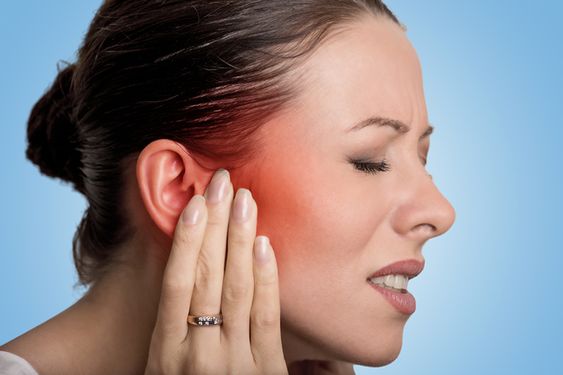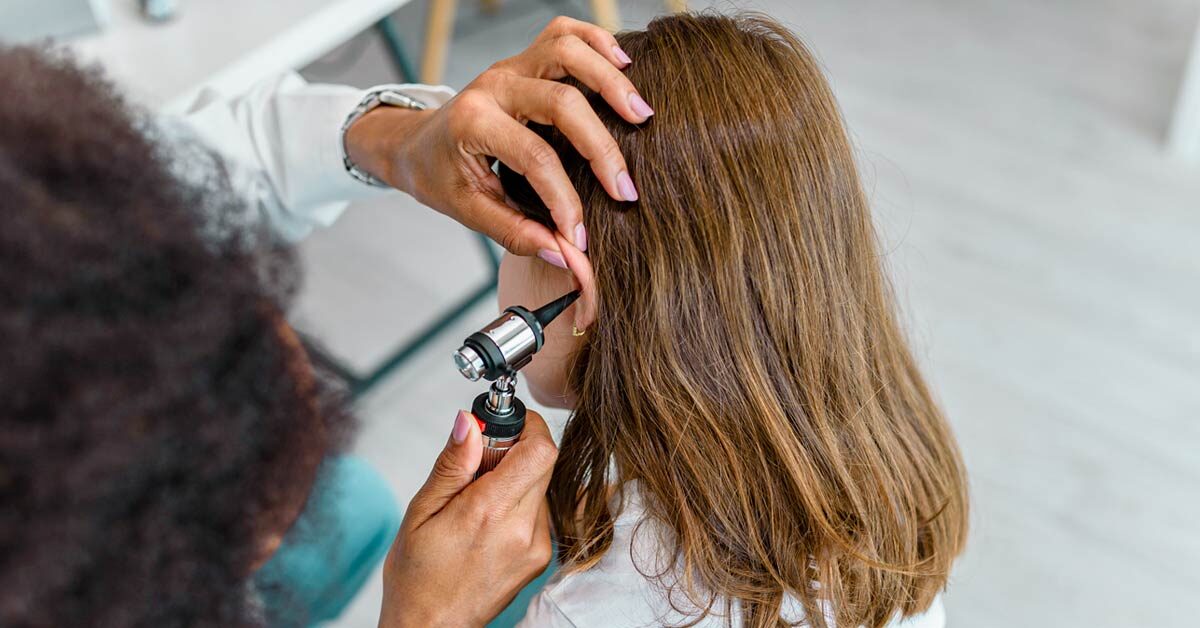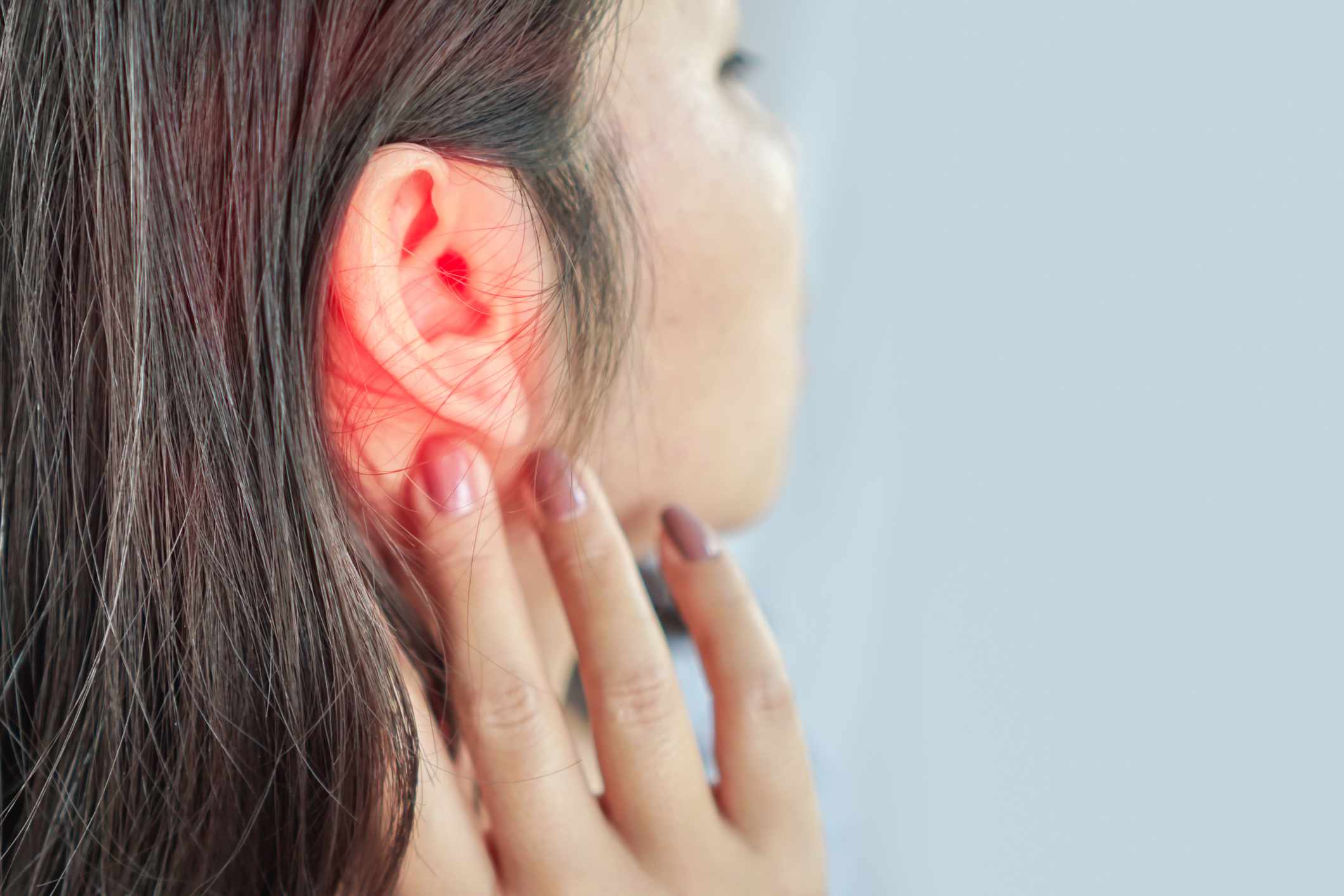Eshealthtips.com – There are several symptoms of an external ear infection, including pain, discharge from the ear, and fever. If you have these symptoms, your doctor may also recommend taking a cotton swab and sending it to a laboratory for testing. Mild cases of an external ear infection can be managed at home. Taking over-the-counter pain killers and using acidic ear drops can ease the symptoms.
Bacteria that Cause Skin Infections in the Ear Canal
Acute external otitis, sometimes called swimmer’s ear, is an infection of the skin in the ear canal. Bacteria that cause this infection can quickly spread to the skin surrounding the ear canal and even the bones in the base of the skull. The infection can spread to the brain and other parts of the body and can cause structural damage. Acute diffuse external otitis may be more serious or even lead to malignancy.
Long-term ear infections can lead to narrowing of the ear canal, affecting hearing and deafness. A perforated or ruptured eardrum may also occur. It’s extremely painful to hear from this ear, and the infection can cause hearing problems. In severe cases, the infection can spread to the bone or cartilage. Some people even experience dizziness, a sign of a more serious infection.

Children are more susceptible to getting an outer ear infection than adults. A child’s ear canal can become inflamed due to a variety of factors, including a scratch or cut on the ear. Cleaning too often can damage the outer ear canal, causing a fungal or bacterial infection. However, it can also be caused by a non-infectious source, including allergies, irritants, and trauma.
Symptoms of Outer Ear Infection
The symptoms of an external ear infection include ear pain and swelling. In the most severe cases, the pain may last for several months, and in some cases, maybe persistent for months. While there is a wide range of symptoms associated with otitis externa, ear canal infection is a condition that should be treated immediately. Fortunately, the infection will resolve itself once the inflammation is treated.
If you suspect your child has an external ear infection, your healthcare provider may prescribe ear drops that will fight the bacteria. Using ear drops for several days will help the infection heal. If your child has an infection, your healthcare provider may also insert a wick in the ear canal. The wick is soaked with corticosteroids or antibiotics. To avoid spreading bacteria, your child should not touch the wick during treatment. Taking care of any symptoms of a skin infection is crucial to getting the best outcome for your child.

There are a few risk factors that can lead to an outer ear infection. Typically, bacteria are the culprit, but sometimes fungus and yeast can also cause it. Other causes of an outer ear infection are heat and humidity, regular water exposure, and injury to the outer ear canal. Swimmers are particularly susceptible, as water can easily collect in the ear canal and encourage bacterial and fungal growth. Also, people with certain allergies are more likely to develop this type of infection.
Proper Treatment for Cases of Outer Ear Infection
Over-the-counter painkillers can help alleviate the pain and discomfort of an outer ear infection, but if you’re experiencing severe pain, you should consult a doctor for more serious cases. Most cases of an outer ear infection clear up quickly with proper treatment, but some can linger for weeks or even months. In such a case, you should avoid swimming and water activities. If the infection continues, your GP may prescribe you a prescription for codeine or over-the-counter painkillers.

Dry your ears after swimming and bathing. Also, avoid putting objects in your ear canal as this can cause damage and infection. Try using ear plugs or a swim cap to prevent any water or hair spray getting in your ear. If you swim in polluted water, you may also want to consider acidic drops. They are available at your local pharmacy. However, some doctors worry that they can irritate healthy tissue.